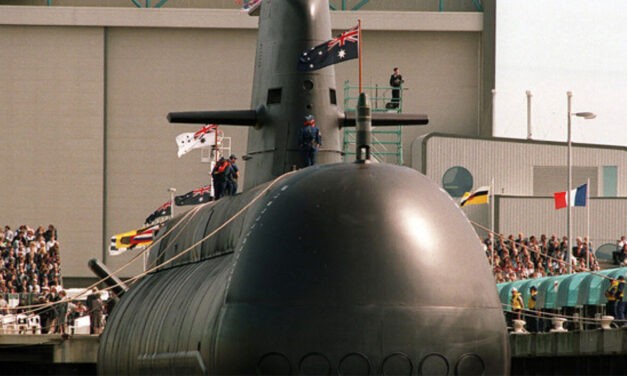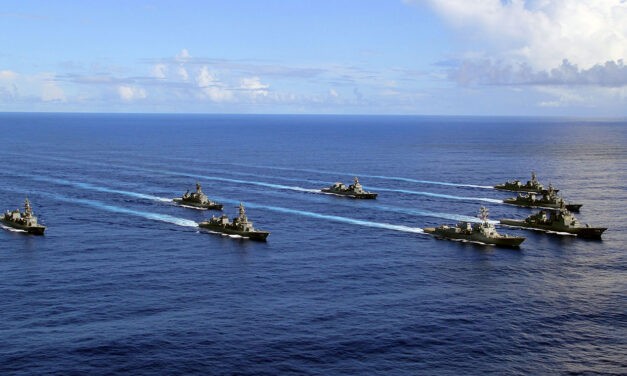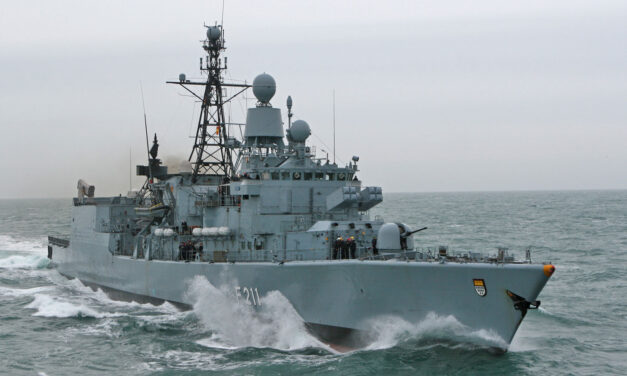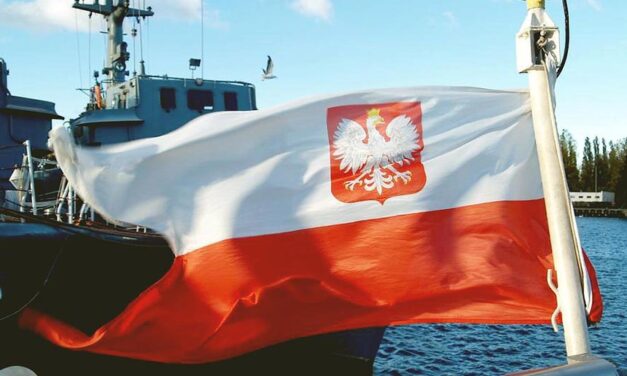New submarines for "Down Under"
Australia opens competition for world's largest non-nuclear submarine project - Since the Australian Department of Defence published its "Strategic Direction of the Future Submarine Programme" on 20 February this year, it has been clear that France, Germany and Japan are potential partners in the SEA 1000 project, i.e. the development and procurement of up to 12 new submarines for the Royal Australian Navy (RAN). Following a ten-month competitive evaluation process, one of the three candidates will be awarded the contract. Since August 2008 at the latest, when the independent "Submarine Institute of Australia" presented a comprehensive submarine report for the Defence White Paper published in 2009 under the Labour government, it has been internationally known that from mid...
Read More





Latest comments